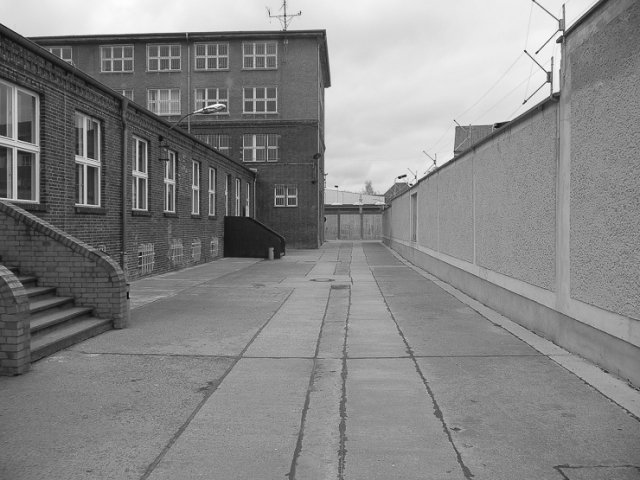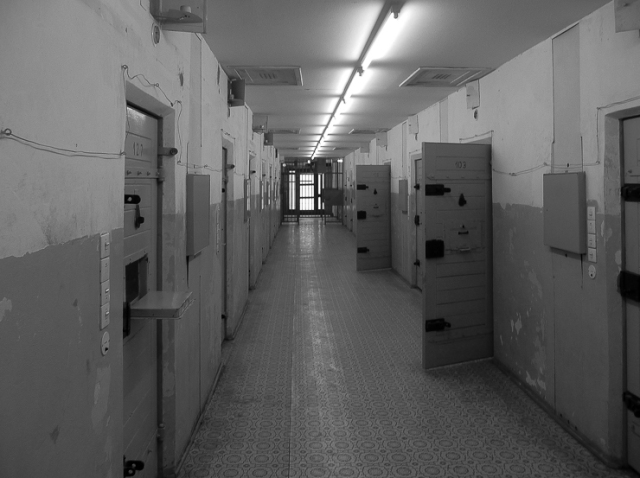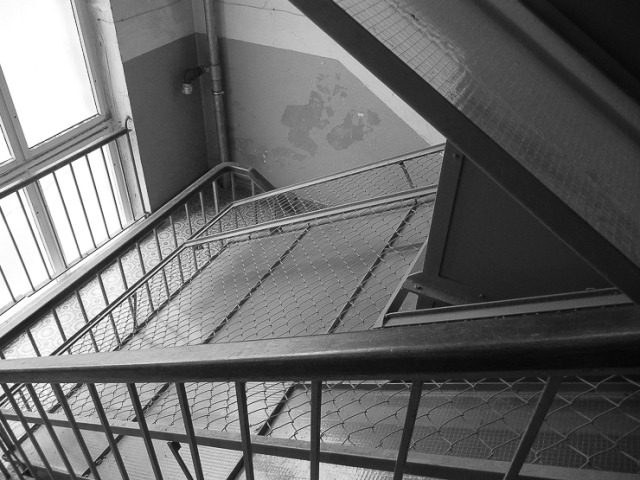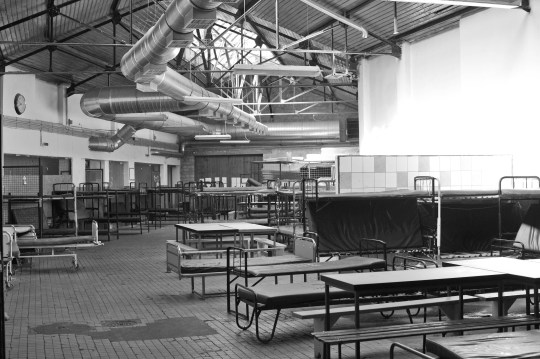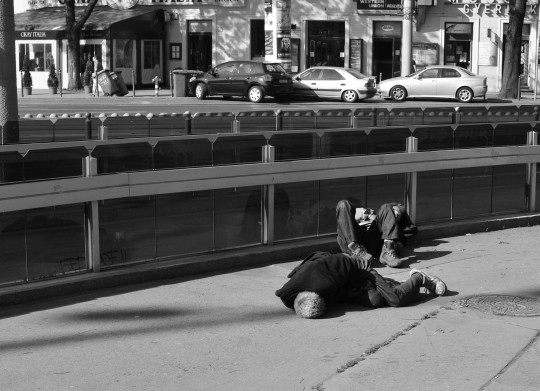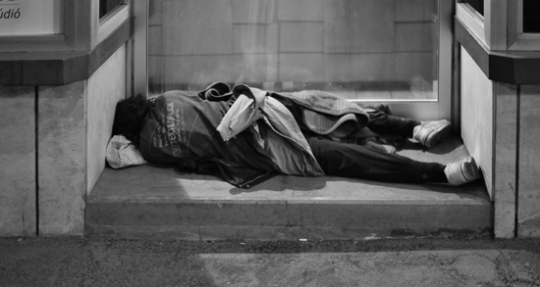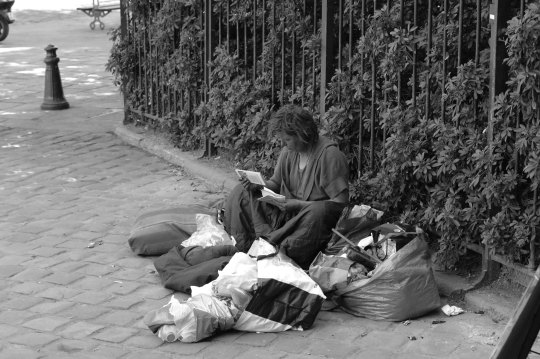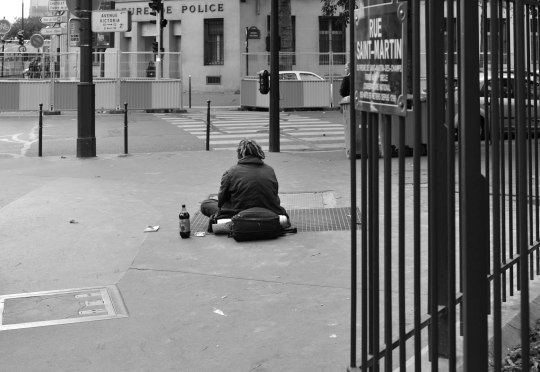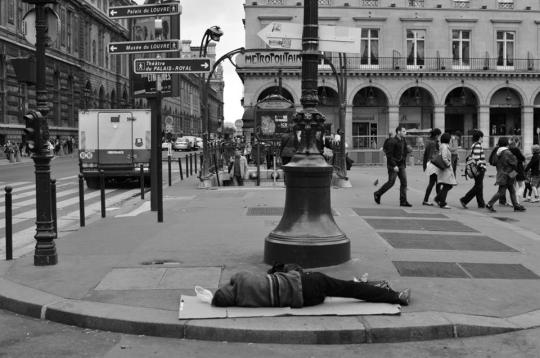In November 2014, the 25th anniversary of the fall of the Berlin Wall and the collapse of the brutal GDR system is to be widely celebrated. To remember the day when Berlin wrote world history, many exhibitions and events will be taking place. One of the highlights is scheduled for the weekend of the 9th of November 2014 when a new temporary Berlin Wall will be built that will run right through the city centre with thousands of white balloons and be illuminated.
One of the most terrifying organizations during the GDR system was the Stasi Secret Service.
The lives of inhabitants of the GDR were completely controlled by this organization. Once arrested by the Stasi one was put in a compartment without windows in the back of a van and driven around for hours on the Berlin highways. The aim was not only to disorientate, but also to give the prisoner the impression of being at least a hundred miles from home when in fact they were often only half an hour away from the place of arrest.
The Stasi used such extreme psychological warfare against prisoners that it caused some to take their own lives by throwing themselves over the staircase railing due to the torture they received. To prevent further suicides, the Stasi sealed off the central part of the staircases with fences and armoured glass.
The former Stasi prison is situated at the Genslerstrasse 66 in Hohenschonhausen-Berlin and became a memorial site in 1994.
.
More information about the celebrations of the 25th anniversary of the fall of the Berlin Wall at:
http://press.visitberlin.de/en/feature/25-years-fall-of-the-berlin-wall
